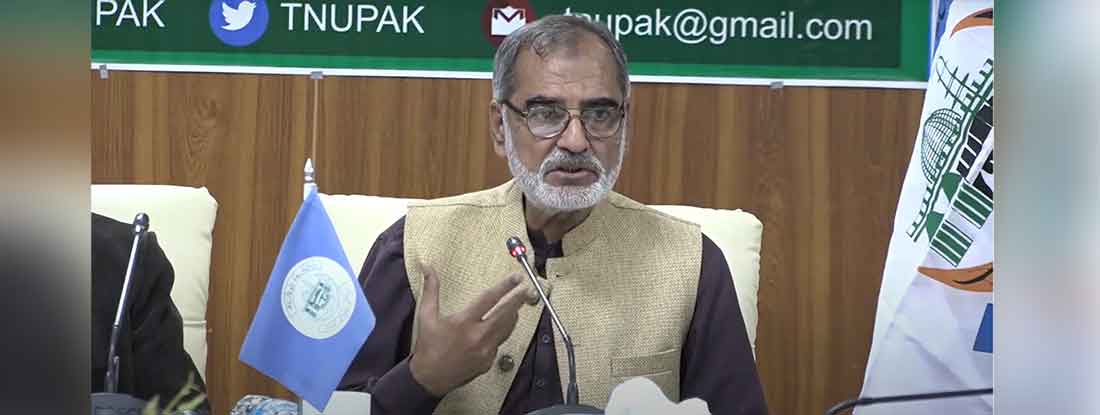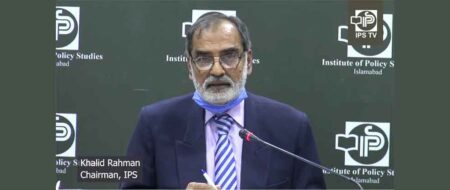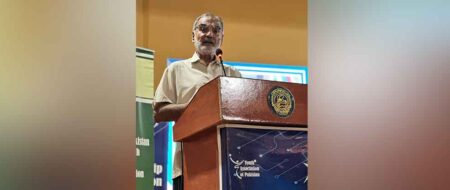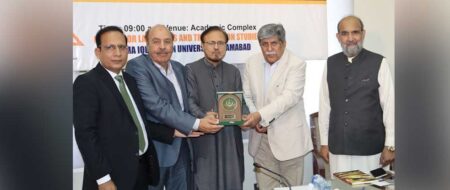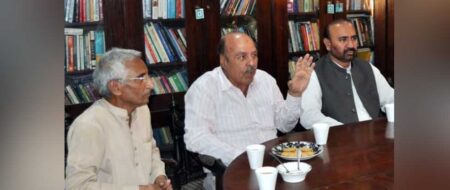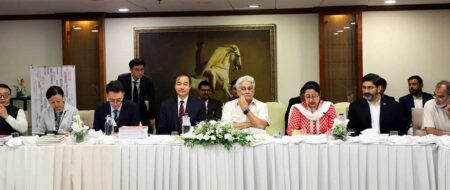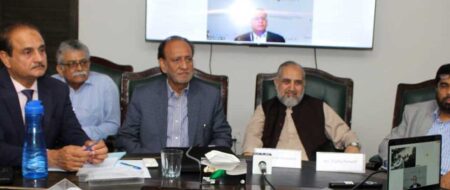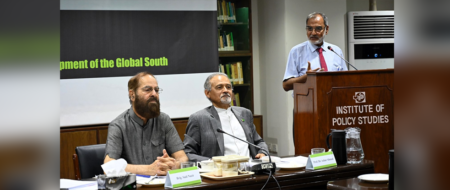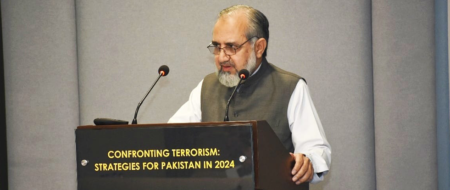Lack of political will a major hindrance in the promotion of Urdu language: Chairman IPS
The biggest hindrance in the promotion of Urdu language in the national sphere is the lack of political will and resolve by decision makers, which originally owes to their associated interests with the language status quo in Pakistan.
This was pointed out by Chairman IPS Khalid Rahman while addressing a conference titled ‘National Language Day and Our Responsibilities’, which was held jointly by Tehreek Nifaz-e-Urdu Pakistan and the Council of Islamic Ideology (CII), Islamabad at the latter’s premises on February 27, 2023.
Speaking on the occasion, Rahman maintained that there were several facets of cultural and civilizational clash pointed towards Pakistan in the contemporary globalized world, and it was mandatory in this regard to work in the legal, political, educational, research, and media spheres for the active promotion of Urdu language at the national as well as grassroot level.
He maintained that the legal and constitutional foundations of Urdu as a national language were very strong, therefore lawyers and legal experts were needed to be prompted for its active advocacy and lobbying. In the political sphere on the other hand, politicians should be persuaded to exercise their influence for the cause.
Appropriate efforts are required in the educational space as well, he added, and this can be done by introducing updates, modern approaches and new methods with regard to the language and its learning. Moreover, research, as one of the effective tools to inform and educate people, should also be competently employed. Also, equally important will be to disseminate these endeavors and achievements through media with a view to motivate and encourage people to promote Urdu.
This also need be dispersed alongside that Urdu has no clash with regional or local languages, and neither should it be considered an alternative to English, Rahman stressed. He further explained that there are several factors behind this propagation that operate by exploiting the existing fault lines. and for this, work on such fault lines also need be expedited.


